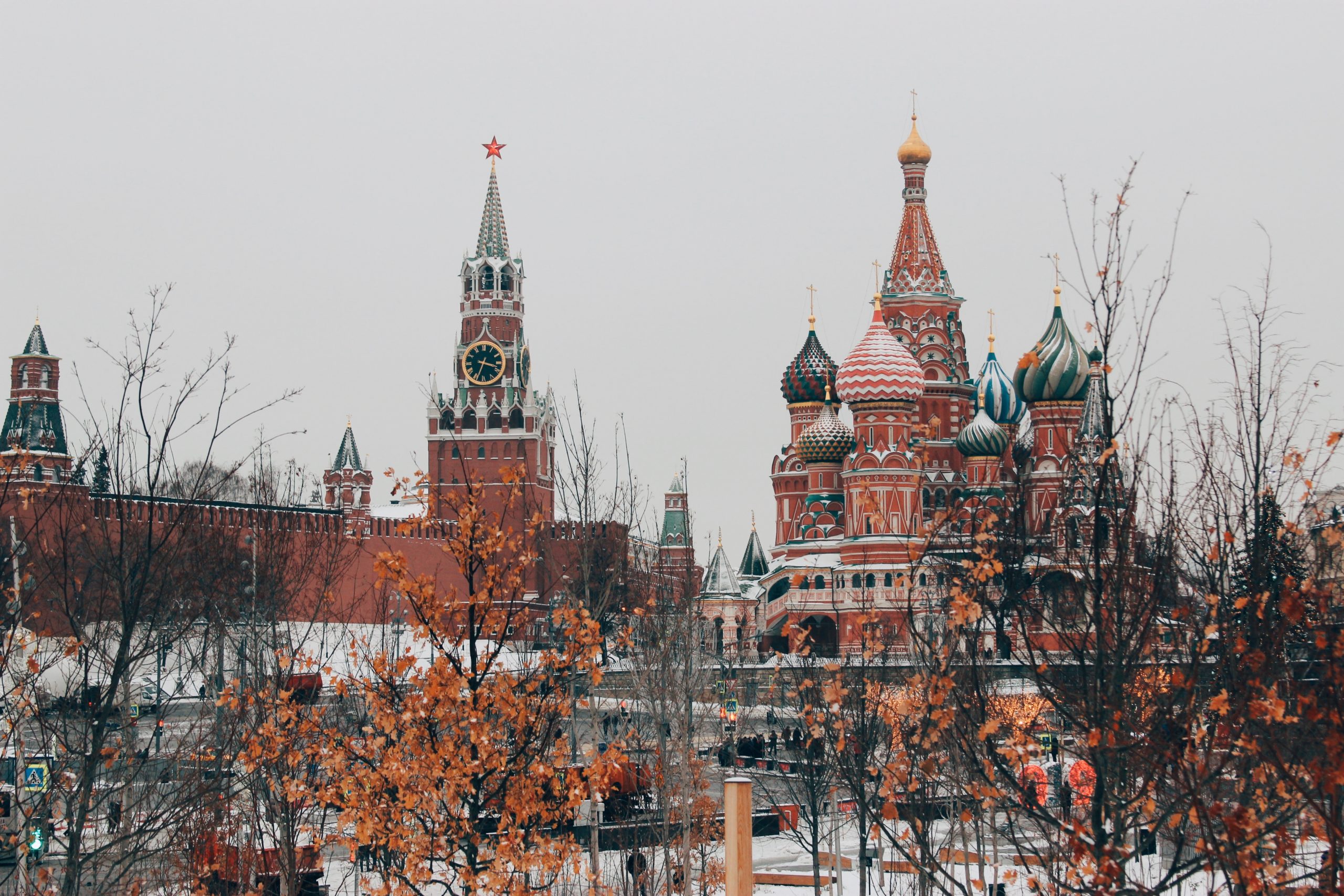[Words by ANONYMOUS]
[Photo by Michael Parulava on Unsplash]
Content warnings: Mental illness, Abuse, Kidnapping.
Despite the Soviet Union seeming like a long lost, distant entity, its legacy is still very much present in Russia today. Like most evolutionary processes, certain behaviours and practices have been lost, whilst others have been strengthened and consolidated. There does, however, remain a grey zone, which includes behaviours and practices that should very much remain in the past, but instead lurk in the background never quite having been forgotten.
Punitive psychiatric treatment is one of those practices. It by no means is a tool employed on a mass-scale, although it is a form of repression that the Russian State has consistently relied on. Apart from it being a morally outrageous practice that is in violation of basic human rights, it raises difficult questions regarding the link between politics and psychiatry and the State’s ability to monopolise control over people’s bodies through their minds.
Political abuse of psychiatry[1] is defined as giving a person, or group of people, an incorrect psychiatric diagnosis, treatment and detention, with the intention of obstructing fundamental human rights. It was a tool popularised by the Soviet State in the 1940’s, and by the 1960’s[2] it had become a key mode of political repression. It resulted in an unconfirmed number[3] (although estimations are in the thousands) of political and religious dissidents being forcibly placed into psychiatric care. In fact, the punitive practice was upheld by an entire legal framework[4] that evolved from the belief that anyone who possessed anti-State or non-conforming views had to be mentally ill.
The practice was further supported by a host of immoral and inaccurate misconceptions, one of which is encapsulated in the term ‘sluggish schizophrenia’[5]. Unsurprisingly, ‘sluggish schizophrenia’ had an elusive definition, which was rooted in two predominant beliefs: the first being that anyone who opposed the Soviet regime[6] was mentally ill as their belief ‘defied all logic’. The second, that in the early stages of schizophrenia, people only presented mild symptoms, so were able to fully function in society, however their condition would worsen with time. Therefore, involuntary psychiatry was utilised as a ‘healing’ measure where the State saw itself as helping individuals reset back into normality.
Once an individual, or group, was taken into the friendly arms of the State, they lost not only their civil rights, but also their deeply personal and fundamental rights to their own bodies. The nefarious practice involved the State’s attempt to seize, control and destroy one’s internal world by shutting down the mind through the body. This was achieved through the administration of high doses of strong and unnecessary medication, which had very serious physical and mental repercussions.
Notably, punitive psychiatry has increased since Putin’s third term in 2012, and it has primarily been used against opposition groups and political activists. This has been corroborated by a report published by the Federation Global Initiative on Psychiatry[7], which discovered more than 30 cases of illegal detainment of human rights activists and journalists in psychiatric institutions (for up to 10 years) between April 2012 and 2017. Despite the difficulties in obtaining accurate numbers, these findings suggest that punitive psychiatry is most definitely not a practice of the past. From an increasingly repressive State’s perspective – why should it be? It is the perfect tactic that uses the ubiquitous State building tools – define and deter – to reinforce power and remain unchallenged.
In order for Russia to preserve its increasingly repressive government, all it has to do is employ the dichotomous logic, which defines the boundary between acceptable and unacceptable behaviours and practices. A process of dehumanisation and differentiation is a necessary preventative measure against those who defy the State, who are subsequently perceived as something bad or to be feared; the enemy. Finally, because these activists are considered ‘bad’, State (in)action is not only justified but is seen to be something good.
Therefore, in the context of the Russian government, public and vocal opposition crosses the boundary of acceptability. Political activists and groups are dehumanised and differentiated through the State’s weaponisation of the stigma surrounding mental health in Russia, where people with mental health illness are regarded as dangerous, incurable and useless[8] to society. This not only further fuels the stigma surrounding mental health, but also discredits alternative thought and creates fear around it, which in turn drives the State to intervene and remove those bodies whose minds are seen to be a danger to society.
Despite punitive psychiatry not being used in-mass, it is apparent that it has transcended its label as a practice limited to the grey zone, Russian government has welcomed it into its cohort of repressive tools since Putin’s reelection. The power of dehumanisation and differentiation has permitted the State to hold to ransom people’s minds and evoke a fear so strong that the removal of unacceptable bodies from the public sphere has been rationalised as a protective measure. Worryingly, the Russian State might start to rely more on practices and behaviours from its past, which by no means should be ignored.
[1] https://www.ncbi.nlm.nih.gov/pmc/articles/PMC4768845/
[3] https://www.thelancet.com/journals/lancet/article/PIIS0140-6736(13)62706-3/fulltext
[4] https://www.ncbi.nlm.nih.gov/pmc/articles/PMC2800147/
[5] https://timeline.com/sluggish-schizophrenia-russia-1e12cec4f6e9
[6] https://academic.oup.com/schizophreniabulletin/article/36/1/33/1871265
[8] https://www.sciencedirect.com/science/article/pii/S2215036616300827

